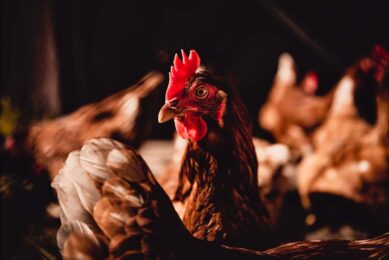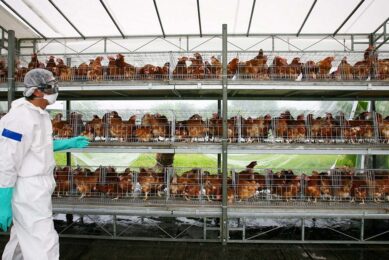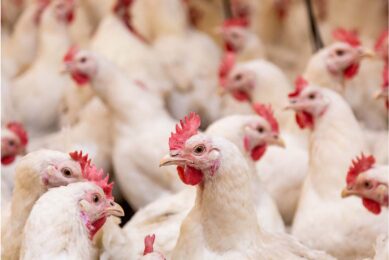Research: Scientists infect chicks with H7N9

In a concrete bunker one hour from Australia’s second largest city, Melbourne, scientists are injecting six week old chickens with the pathogen H7N9 bird flu as part of a research to head off a global outbreak.
The H7N9 specimen arrived on a commercial flight 12 days ago in a 0.5 millilitre sample (10 would fit on a teaspoon) from a patient in China’s Anhui province. World Health Organisation’s Collaborating Center for Reference and Research on Influenza in Melbourne, located on the outskirts of Melbourne’s downtown, was the its original destination. The virus was replicated in 15 eggs before samples were sent to the Australian Animal Health Laboratory (AAHL) three days later
AAHL was opened in 1985 by the Australian government and looks like an enormous, grey-concrete bunker. Its six floors have 65,000 square meters (700,000 square feet) of space, a labyrinth of laboratories and animal enclosures. The only windows to the outside are in the cafeteria. The building was designed to operate for 100 years, withstanding 1-in-10,000-year natural disasters such as 300 kilometer-per-hour winds and magnitude 5.8 earthquakes.
It even got a mention in the movie “Contagion” for its research on disease-causing microbes such as the Nipah and Hendra viruses.
The antibodies from the chickens, which will help create tests for the virus, are being raised in the center’s Diagnostic Emergency Response Laboratory, which can process 10,000 antibody tests and 1,000 genetic tests a day, according to Peter Daniels, assistant director of AAHL.
The lab is also producing antisera blood serum containing antibodies against H7N9 in ferrets for the World Health Organization. The material will be used to assist in identifying infections in people, said Ian Barr, deputy director of the WHO’s Collaborating Center for Reference and Research on Influenza in Melbourne
Join 31,000+ subscribers
Subscribe to our newsletter to stay updated about all the need-to-know content in the poultry sector, three times a week. Beheer
Beheer








 WP Admin
WP Admin  Bewerk bericht
Bewerk bericht